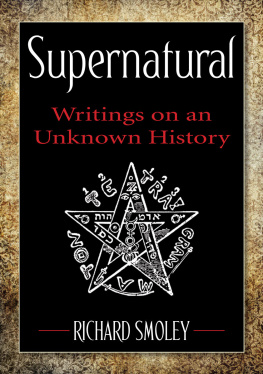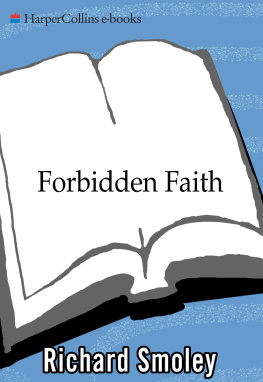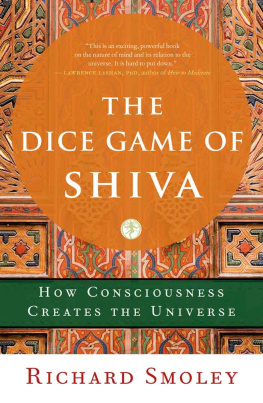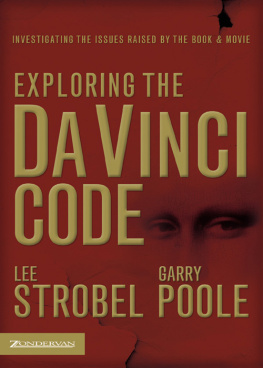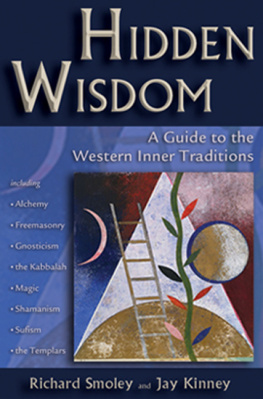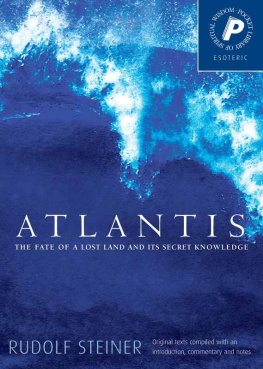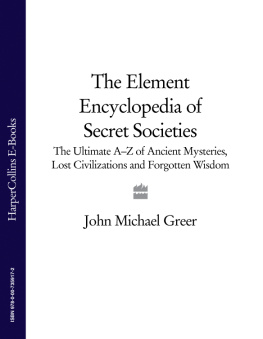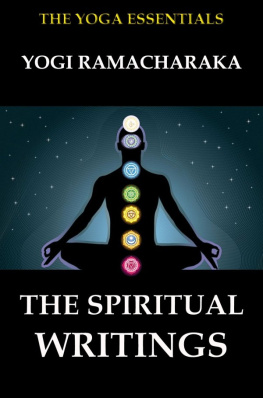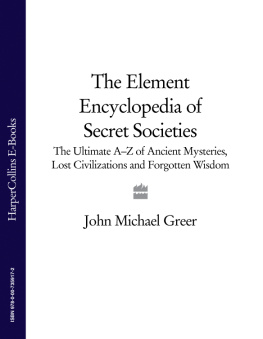JEREMY P. TARCHER/PENGUIN
Published by the Penguin Group
Penguin Group (USA) Inc., 375 Hudson Street, New York, New York 10014, USA Penguin Group (Canada), 90 Eglinton Avenue East, Suite 700, Toronto, Ontario M4P 2Y3, Canada (a division of Pearson Penguin Canada Inc.) Penguin Books Ltd, 80 Strand, London WC2R 0RL, England Penguin Ireland, 25 St Stephens Green, Dublin 2, Ireland (a division of Penguin Books Ltd) Penguin Group (Australia), 707 Collins Street, Melbourne, Victoria 3008, Australia (a division of Pearson Australia Group Pty Ltd) Penguin Books India Pvt Ltd, 11 Community Centre, Panchsheel Park, New Delhi110 017, India Penguin Group (NZ), 67 Apollo Drive, Rosedale, Auckland 0632, New Zealand (a division of Pearson New Zealand Ltd) Penguin Books (South Africa), Rosebank Office Park, 181 Jan Smuts Avenue, Parktown North 2193, South Africa Penguin China, B7 Jiaming Center, 27 East Third Ring Road North,Chaoyang District, Beijing 100020, China
Penguin Books Ltd, Registered Offices: 80 Strand, London WC2R 0RL, England
Copyright 2013 by Richard Smoley
All rights reserved. No part of this book may be reproduced, scanned, or distributed in any printed or electronic form without permission. Please do not participate in or encourage piracy of copyrighted materials in violation of the authors rights. Purchase only authorized editions. Published simultaneously in Canada
constitutes an extension of this copyright page.
Most Tarcher/Penguin books are available at special quantity discounts for bulk purchase for sales promotions, premiums, fund-raising, and educational needs. Special books or book excerpts also can be created to fit specific needs. For details, write Penguin Group (USA) Inc. Special Markets, 375 Hudson Street, New York, NY 10014.
Library of Congress Cataloging-in-Publication Data
Smoley, Richard, date.
Supernatural : writings on an unknown history / Richard Smoley.
p. cm.
Includes bibliographical references and index.
ISBN 978-1-101-60275-1
1. Occultism. 2. Parapsychology. 3. SupernaturalHistory. 4. Supernatural (Theology) 5. Prophecies (Occultism) I. Title.
BF1411.S667 2013 2012039947
130dc23
While the author has made every effort to provide accurate telephone numbers, Internet addresses, and other contact information at the time of publication, neither the publisher nor the author assumes any responsibility for errors, or for changes that occur after publication. Further, the publisher does not have any control over and does not assume any responsibility for author or third-party websites or their content.
FOR WILLIAM ST. JOHN SMOLEY
ACKNOWLEDGMENTS
While I certainly feel that I owe a debt of gratitude to the large number of people, past and present, who have given me inspiration and insights about the subjects discussed here, there are some who deserve special mention. First and foremost is David Jones, editor of New Dawn magazine in Australia, who originally solicited many of the articles that appear in this collection. Most of these pieces, in fact, first appeared in New Dawn: An Encounter with the Ancient Wisdom, Does Prophecy Work?, Secrets of The Da Vinci Code, 2012, Ren Gunon and the Kali Yuga, Atlantis Then and Now, Hidden Masters, The Science of Thought, The Mysterious Kybalion, Demons Among Us, and Toxic Prayer. An earlier version of Masonic Civilization was first published in Gnosis: A Journal of the Western Inner Traditions. A Course in Miracles Revisited and Cultivating the Field of Images were first published in Parabola, while The Dual Nature of Reality first appeared in Quest: Journal of the Theosophical Society in America.
Thanks are also due to Mitch Horowitz, editor-in-chief at Tarcher/Penguin, who has provided encouragement and support for my work for many years now, and who is responsible for the final shape of this collection, as well as its title. I am very grateful to him for all his help.
Finally, I would like to thank my dear wife, Nicole, for her care and support, and my two little sons, Robert and William, for the loving family that they have helped create.
CONTENTS
PREFACE
C ENTURIES DONT ALWAYS END WHEN the calendar says they should. Historians speak of the long nineteenth century, which stretched from 1789 (the start of the French Revolution) to 1914 (the outbreak of World War I). Some also speak of the short twentieth century, from 1914 to the end of the Cold War in 1990. If this is so, it seems to me that we now sit in an interregnum, when the twentieth century has ended but the twenty-first has not yet begun. The age we live in is a waiting room.
The essays in this collection span fifteen years of this period, from 1997 to 2012. While they say little about topical issues, as I look back on them I see that they reflect the mood of that unsettled time. In the last quarter of the twentieth century, people had intermittently allowed themselves to hope for a massive awakening of society, but the first decade of the new millennium seemed to shoot down these hopes. Instead many great institutions stiffened and contracted, giving license to the worst aspects of human characterparticularly greedand behaving as if the better angels of our nature did not exist.
Whatever these facts may mean for history and politics, they also suggest that the moral and intellectual framework of civilization has weakened. The two worldviews governing the mind of the WestChristianity and scientific materialismhave begun to curl and shrink and blacken like scraps of paper in a fire. During the previous two centuries, the old Christian cosmology collapsed in the face of scientific discovery. The tidy biblical universe that was only six thousand years old was found to be too small to contain the enormous upheavals that were found in the geological and biological records. Even worse, Christianity was tried and found wanting in terms of its own standards. The churches were shown not only to have consistently violated the teachings of their founder but often to have embodied these violations in their own institutions. Persecution, bigotry, and intolerance can be expected to crop up in any organization, but what are we to say when these offenses have become part of the stuff of which that organization is made?
In recent years scientific materialists have gloried in these disclosures. But closer investigation does not give any reason for great confidence in materialism either. Its critique of Christianity has frequently consisted of a kind of enormous ad hominem argumentpointing at the shortcomings of the institutions in order to show the weakness of the faith. But this has not invalidated the ethos of Christianity; it has only shown that people frequently fail to live up to it. The proselytizers for materialism have triedwith imperfect successto prove that we dont need Christianity in order to embrace the moral ideals of Christianity, but they have not produced any ethical system that is better. Indeed much of moral philosophy in the past hundred years has consisted of taking Christian ethics and trying to justify them through purely rational considerations, such as the doctrine of the greatest good for the greatest number. But these attempts have never managed to uplift or inspire anyone outside of a tiny circle of intellectuals.

